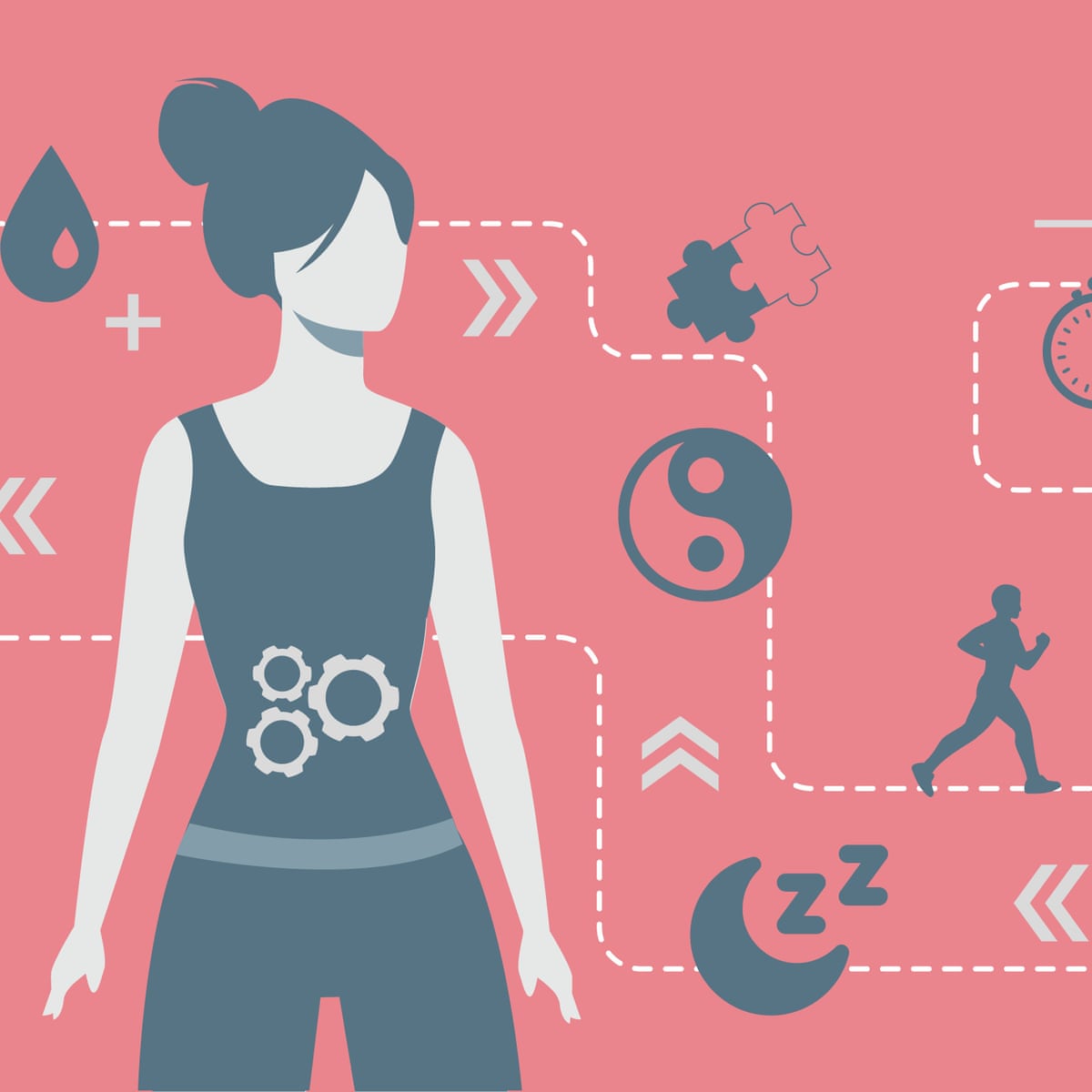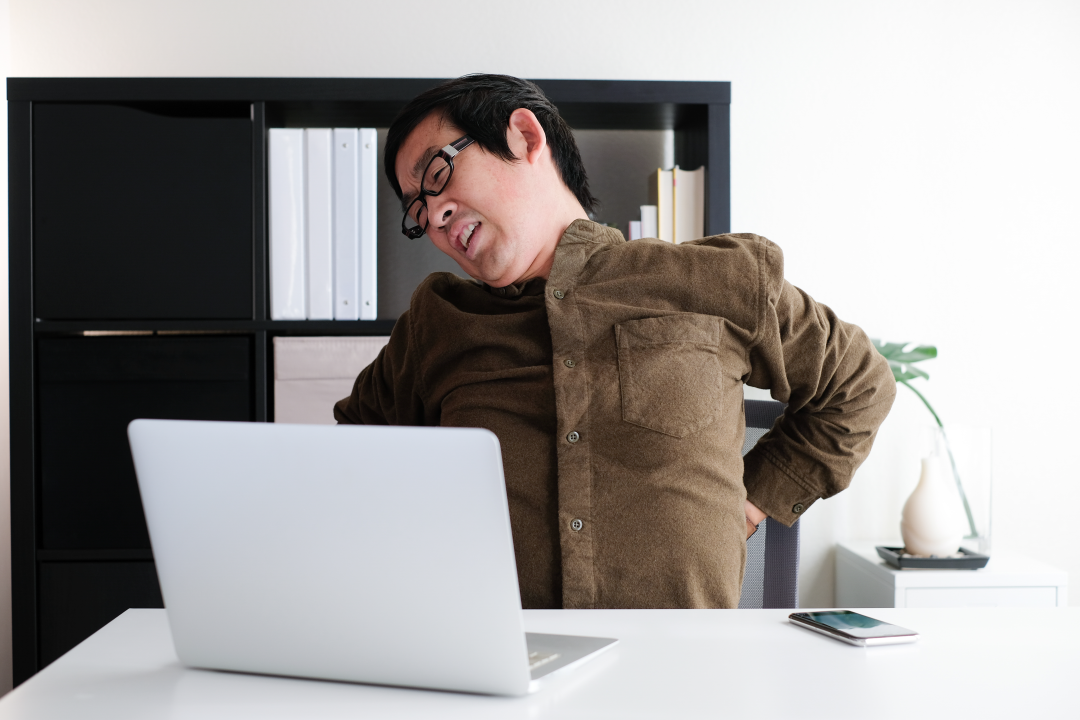Beat the Slump: How Sitting Less Can Boost Your Energy and Productivity
Ever felt that afternoon slump hit you like a ton of bricks, even after a good night's sleep? You're not alone. Millions of people around the world struggle with fatigue and decreased productivity, often unaware of a major culprit lurking in their daily routines: excessive sitting.
While taking breaks and getting enough sleep are crucial for staying energized, research suggests that prolonged sitting can significantly impact your energy levels and cognitive function, making you feel tired and hindering your productivity.
How Does Sitting Affect Your Energy?
Our bodies are designed for movement. When we sit for extended periods, several physiological processes can contribute to fatigue:
- Reduced Blood Flow: Sitting restricts blood circulation, especially in the legs, leading to a decrease in oxygen and nutrient delivery to your organs and tissues, including the brain. This can lead to feelings of sluggishness and difficulty concentrating.
- Metabolic Slowdown: When we're active, our bodies burn calories and utilize energy efficiently. However, prolonged sitting disrupts this process, slowing down your metabolism and potentially affecting your blood sugar levels, further contributing to fatigue.
- Muscle Stiffness and Discomfort: Sitting for long periods can lead to tight muscles and discomfort, especially in the lower back and neck. This discomfort can be distracting and contribute to feelings of fatigue.
The Body's Metabolism in a Nutshell
Your metabolism is the complex process by which your body converts food into energy. It involves several steps:
- Digestion: Food is broken down into smaller molecules in the digestive system.
- Absorption: Nutrients are absorbed from the digestive tract into the bloodstream.
- Cellular Respiration: Nutrients are transported to cells, where they are used to generate energy through a series of chemical reactions.

Breaking the Cycle: How to Move More and Feel More Energized
The good news is that you can easily counteract the negative effects of sitting by incorporating more movement into your day:
- Set reminders: Use a timer or app to remind yourself to stand up and move every 30-60 minutes.
- Take the stairs: Opt for the stairs instead of the elevator whenever possible.
- Walk during breaks: Instead of staying glued to your desk, take a short walk around the office or outside during breaks.
- Invest in a standing desk: If possible, consider using a standing desk for some or all of your workday.
- Stretch regularly: Simple stretches can help improve blood flow and reduce muscle stiffness.
The Takeaway
While sitting may seem like a harmless activity, it can have a significant impact on your energy levels and productivity. By incorporating more movement into your daily routine, you can combat fatigue, boost your metabolism, and feel more energized throughout the day. Remember, small changes can make a big difference!
Want to learn more about the negative impacts of sedentary lifestyles? Check out these helpful resources:
- The Mayo Clinic: https://www.mayoclinic.org/healthy-lifestyle/adult-health/expert-answers/standing-desks/faq-20485178
- NHS website: https://www.nhs.uk/live-well/exercise/why-sitting-too-much-is-bad-for-us/
By making small changes to your daily routine, you can break the cycle of sitting and enjoy increased energy, improved focus, and greater productivity!


